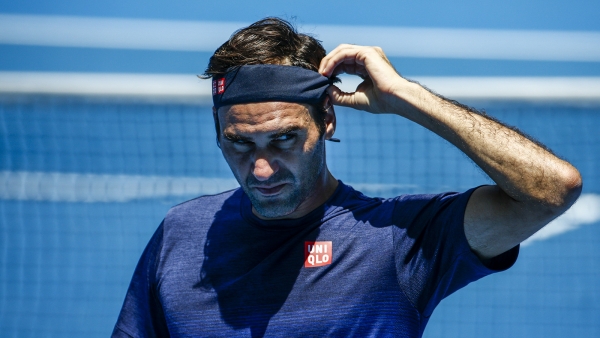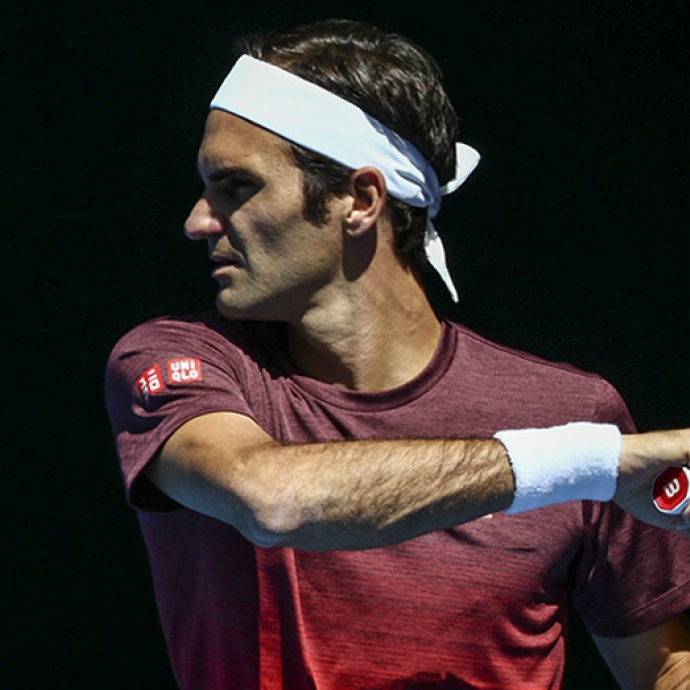Roger Federer doesn’t believe in fairytale farewell tours.
As his former coach Stefan Edberg pointed out, it can make for a long and emotionally-draining season, piling unnecessary pressure on the mind and body.
But at 37, the defending Australian Open champion accepts there is no chance chatter about the “R” word will subside.
Empathising with Andy Murray being forced to submit to an ongoing hip injury, twice before the Swiss has had to face the reality his body may not have allowed him to return.
Back injuries in 2013 and a freak knee injury suffered running water for a bath in 2016 led to surgeries.
Barring these, though, it has been an extraordinary run.
And Federer believes a combination of factors have aligned in his favour – some out of his control, others thanks to years of meticulous fine-tuning.
“I definitely need a little bit of luck,” he said. “If you look at how unlucky things were with the incident here a few years ago when I ran the bath, I guess the knee, that part of the body was ready to go. Could have happened easily in the match against Novak [Djokovic, in the AO 2016 semifinals], but it didn't.”
Be it an uncanny thirst for tennis history to tweaking his own game over 21 seasons on tour, it is hardly a surprise Federer’s astute rationale would include looking after his body. And as an extension of that – his team knowing when enough is enough.

“I think I really understand my body very well,” Federer said. “I know when something hurts and I can play with it; I know when something hurts and I should not play with it, but I can still play maybe a match, maybe a week, a month, whatever it may be.
“Sometimes that helps. But I feel like every player has that.
“I can only speak about my team. I think my team also, they know when to push me, when actually they are happy that I don't practice so much.”
Federer’s longest stint out of the game came in 2016 when he missed the second half of the season after limping to a Wimbledon semifinal defeat.
He made a return at Hopman Cup 2017, winning two of his three matches as the world No.17. But there was little to indicate the tear he was about to go on to claim the fifth of this six Australian Open titles three weeks later.
“I've always also believed I can play tennis when I don't train so much,” Federer said.
“I think that's been maybe one thing that for me, the confidence I have in my game, even if I don't play so much, I still feel like I can come up to a good level. Maybe takes away some pressure.”
Where many of his greatest rivals – Rafael Nadal, Stan Wawrinka and Murray to name three – have struggled with more serious fitness concerns at certain points in their careers, there is one final element Federer believes could be part of the equation.
It is one which is visible to all who watch him gliding seemingly so effortlessly about the court.
“Maybe also the way I play tennis, maybe it's smoother than the other guys,” he said.
With 20 Grand Slam titles to his name, and with his longevity at the top the envy of his peers, Federer has just one wish – to sign off on his own terms.
